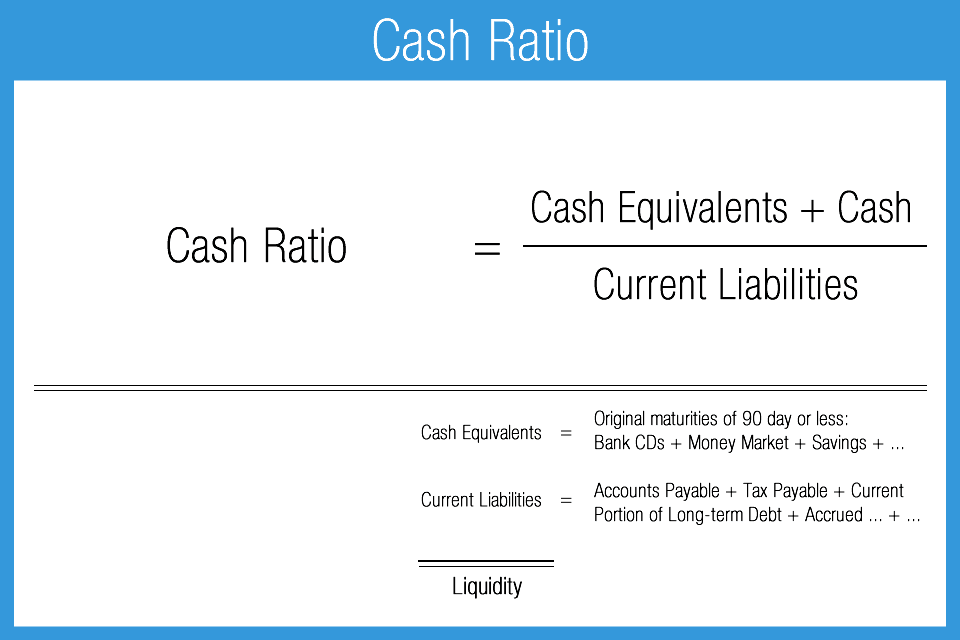Sức khỏe
What are the advantages and disadvantages of artificial intelligence?

A 2024 AvePoint survey found that the top concern among companies is data privacy and security. And businesses may have good reason to be hesitant, considering the large amounts of data concentrated in AI tools and the lack of regulation regarding this information. In addition to its more existential threat, Ford is focused on the way AI will adversely affect privacy and security. A prime example is China’s use of facial recognition technology in offices, schools and other venues. Besides tracking a person’s movements, the Chinese government may be able to gather enough data to monitor a person’s activities, relationships and political views.
Dangers of Artificial Intelligence
Four years ago, a study found that some facial recognition programs incorrectly classify less than 1 percent of light-skinned men but more than one-third of dark-skinned women. The producers claimed that the program is proficient, but the data set they used to assess performance was more than 77 percent male and more than 83 percent white. In terms of AI advances, the panel noted substantial progress across subfields of AI, including speech and language processing, computer vision and other areas. Much of this progress has been driven by advances sample donor survey questions for nonprofits in machine learning techniques, particularly deep learning systems, which have made the leap in recent years from the academic setting to everyday applications.
Performs mundane and repetitive tasks
Humans can, giving us a huge advantage over unfeeling AI systems in many areas, including the workplace. Take, for instance, AI’s ability to bring big-business solutions to small enterprises, Johnson said. AI gives smaller firms access to more and less costly marketing, content creation, accounting, legal and other functional expertise than they had when only humans could perform those roles. This, he noted, gives solo practitioners and small shops the ability “to execute high-caliber business operations.”
“Because AI does not rely on humans, with their biases and limitations, it leads to more accurate results and more consistently accurate results,” said Orla Day, CIO of educational technology net income attributable to noncontrolling interests company Skillsoft. Our team of AI experts are pushing the EU to shield your rights from the risks posed by AI. But well-funded AI corporate lobbyists are successfully convincing lawmakers to water down these protections. Even the most interesting job in the world has its share of mundane or repetitive work.

Artificial intelligence (AI) refers to the convergent fields of computer and data science focused on building machines with human intelligence to perform tasks that would previously have required a human being. For example, learning, reasoning, problem-solving, perception, language understanding and more. Instead of relying on explicit instructions from a programmer, AI systems can learn from data, allowing them to handle complex problems (as well as simple-but-repetitive tasks) and improve over time.
Broader Economic and Political Instability
This is especially true for lower-skilled workers in the current labor force. Instilling moral and ethical values in AI systems, especially in decision-making contexts with significant consequences, presents a considerable challenge. Researchers and developers must prioritize the ethical implications of AI technologies to avoid negative societal impacts. We use AI in all of our Investment Kits, to analyze, predict and rebalance on a regular basis. A great example is our Global Trends Kit, which uses AI and machine learning to predict the risk-adjusted bookstime performance of a range of different asset classes over the coming week.
- Like you, we’re angry our human rights are sacrificed so Big Tech corporations can maximize their profits.
- But then you run into the problem of having to train humans on these new jobs, or leaving workers behind with the surge in technology.
- AI still has numerous benefits, like organizing health data and powering self-driving cars.
- One relatable example is the use of background images in video conferences, which became a ubiquitous part of many people’s work-from-home lives during the COVID-19 pandemic.
This can help companies to produce more and provide a better customer experience than humans could provide alone. In this article, we’ll discuss the major benefits and drawbacks of adopting AI, both in everyday life and in business. We’ll also talk through some use cases for AI, to give you an idea of how AI can help in your life. As AI technology has become more accessible, the number of people using it for criminal activity has risen. Online predators can now generate images of children, making it difficult for law enforcement to determine actual cases of child abuse. And even in cases where children aren’t physically harmed, the use of children’s faces in AI-generated images presents new challenges for protecting children’s online privacy and digital safety.
That’s why quality checks are essential on the training data, as well as the results that a specific AI program produces to ensure that bias issues aren’t overlooked. The rapid rise of generative AI tools gives these concerns more substance. Many users have applied the technology to get out of writing assignments, threatening academic integrity and creativity. Plus, biased AI could be used to determine whether an individual is suitable for a job, mortgage, social assistance or political asylum, producing possible injustices and discrimination, noted Pope Francis. The tech community has long debated the threats posed by artificial intelligence.
